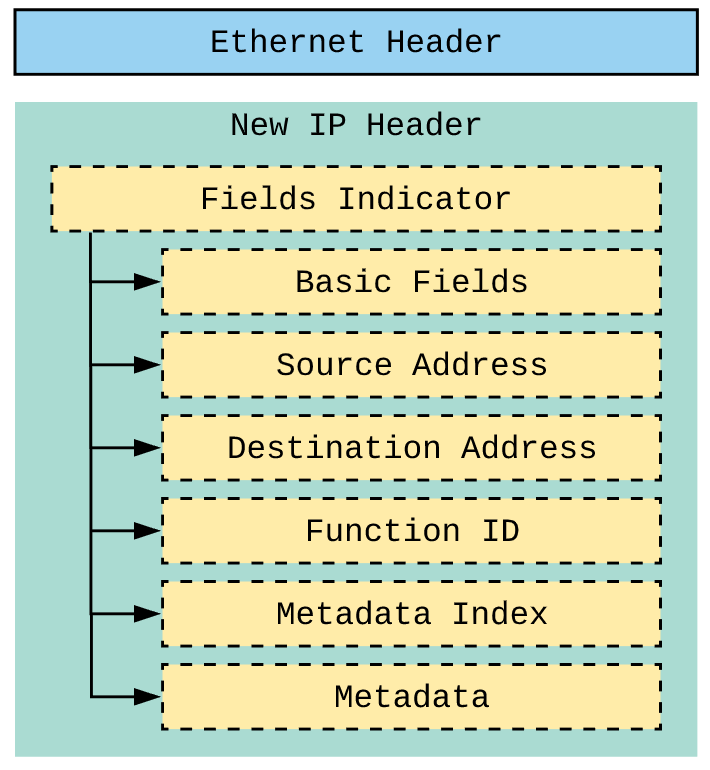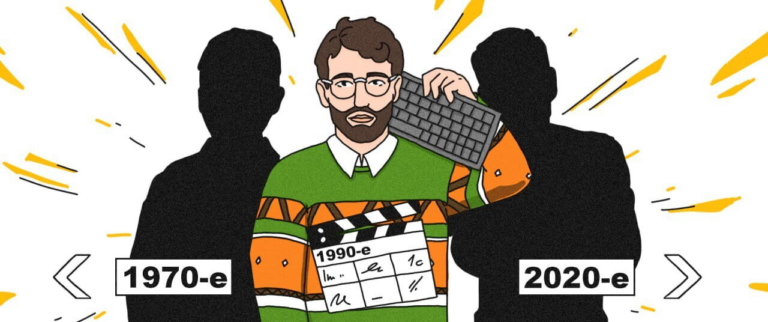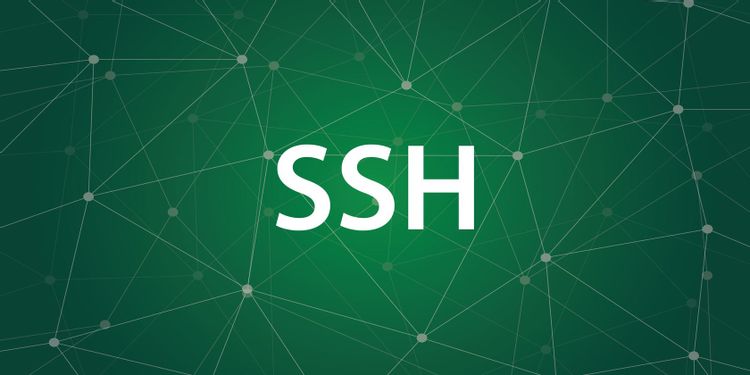How the IT community responds to the New IP initiative

/ Unsplash / Robynne hu
Why New IP appeared
The network model TCP / IP was developed back in 1972. During this time in her revealed many vulnerabilities, including those related to authentication. Therefore, today you can come across the opinion that TCP / IP is not suitable for working in modern conditions. This point of view is held in Huawei. Company representatives celebratethat communication between separate networks (for example, satellite or private) is destabilized due to poorly compatible addressing mechanisms.
To solve the problem, the corporation – with the support of the Ministry of Industry and Informatization of China and the country’s telecoms – began developing a standard that will form the basis of a new generation of network infrastructure. They called him New ip.
So far, little is known about the principles of New IP. Although the official documents disclosed by the Chinese company, was submitted header structure of the new IP packet.

It starts with the required Fields Indicator (FI) entry. This is a bitmap that indicates which optional fields will be encapsulated in the header. Next to FI is a bit chain with a Traffic Class, Flow Label, Payload Length, and TTL.
Next are the fields with the addresses of the sender and recipient. Unlike similar fields in IPv4 and IPv6, these will have variable lengths. For encoding data, developers suggest using the Concise Binary Object Representation (CBOR) Also, the new header contains the optional Function ID, Metadata Index and Metadata fields for organizing user-defined networking.
What the community thinks
New IP expected will increase data transmission speed due to more efficient addressing and will allow their direct transmission between devices on the network. According to the developers, the protocol will make it possible to effectively control drones and other devices of the Internet of things as early as 2030.
Fresh posts from our blog on Habré:
- In most corporate networks, there may be traces of hackers and related vulnerabilities
- How the fight against robotic calls is developing in the USA – on the measures of politicians and telecommunication companies
- We are discussing the EARN IT Act – a new US bill that could lead to a ban on E2E encryption
But not everyone is so optimistic – critics of the initiative see New IP as a danger to the global Internet infrastructure. Your concerns are already you said representatives of the UK, Sweden and the USA. They say the new protocol is reminiscent of “Golden shield“. Fears are related to the fact that the developers of New IP offer to introduce killswitch, allowing the ability to block all packets arriving at a specific address. As a result, law enforcement agencies can optionally block access to sites for individuals. Experts are also worried that similar practices may lead to centralize network control.
Protocol perspective
The presentation on New IP will be demonstrated at the November conference of the International Telecommunication Union, which defines the principles of interaction between networks at the global level. The Chinese corporation hopes that their decision will receive ITU approval and become a generally accepted standard.
What decision the commission will make is not yet clear. US initiative may not support Huawei, as many US IT companies tore up Relations with Chinese partners. Also against New IP spoke out One of the members of the Swedish ITU delegation is Patrik Fältström, who is called the “father of the Internet” in Europe. According to him, the main advantage of the modern worldwide network is “openness”, and a new puncture can put this feature at risk.

/ Unsplash / Dominik vanyi
On the other hand, now the Secretary General of the International Telecommunication Union is Zhao Houlin (Houlin Zhao), which was nominated with the support of the Ministry of Industry and Informatization of China. This fact can have a major impact on how the New IP discussion will evolve. In any case, no matter how the fate of the new Internet Protocol at ITU, China is planning build an Internet infrastructure without the approval of an international organization. The first tests will have to pass in 2021.
What we write about in our corporate blog:





